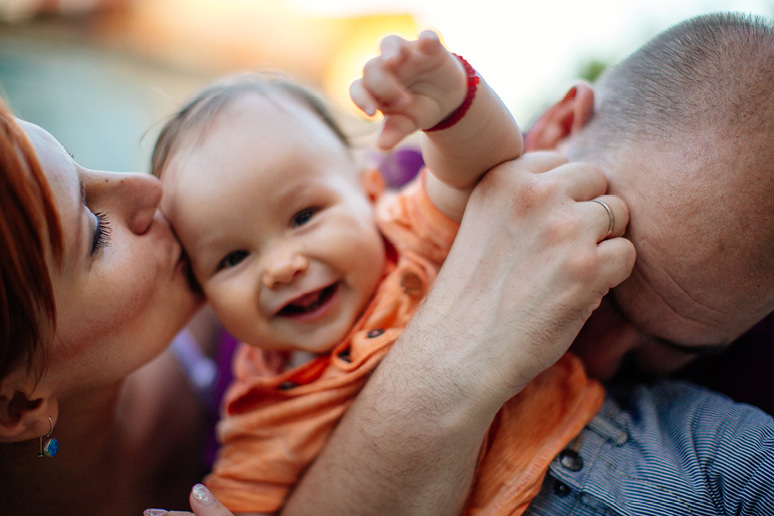Each year, thousands of children come to the United States from foreign countries through the process of international adoption. In 2017 alone, according to the U.S. Department of State, over 4,700 children from countries all over the world were brought home to their new families in America. As popular as international adoption may be, however, the process to do so is far from simple.
In order to successfully adopt a child from a foreign country, prospective parents must fulfill requirements set forth by the United States Bureau of Citizenship and Immigration Services (BCIS) as well as the requirements of the child’s country of origin. International adoption can be complicated, lengthy, and expensive. Hiring an attorney experienced in international adoptions, however, can help you to avoid unnecessary delays and costs.
Learn the rules of adoption from your chosen country
To ensure the safety of adoptive children, the United States subscribes to the standards of practices laid out by the Hague Convention in 1993. The Hague Convention on the Protection of Children and Co-operation in Respect of Intercountry Adoption exists to prevent child trafficking and abduction, and to “ensure that intercountry adoptions are in the best interests of children,” according to the State Department.
Not every country you may seek adoption from is included in the Hague Convention. At the start of the process, you should know whether your country of adoption is Hague accredited, and if it is, meets all of the additional requirements. If you are attempting to adopt a child from a non-Hague country, like Indonesia, there is a different visa process you must follow in order to adopt. For non-Hague adoptions, the child must be considered an orphan (and meet certain requirements to do so) before they can be considered eligible for U.S. citizenship.
Regardless of whether the country you are choosing to adopt from is a signatory of the Hague Convention, you should review the adoption requirements of that country before getting started. Some countries allow single parents to adopt while others do not. Same-sex couples cannot adopt in certain countries. Most countries have age requirements. Familiarizing yourself with these rules, and discussing them with a qualified adoption attorney, will save you time and prevent complications down the road.
Prepare for your home study
Home studies are an important step in the adoption process. In a home study, a representative will assess your finances; mental, emotional, and physical capacities; any record of child abuse; and a criminal background check, among other considerations.
Standards in home studies when vetting a potential adoptive parent are stringent, and (like many areas in the international adoption process) vary between Hague and non-Hague countries. The home check process, including various background checks and interviews, may take as long as six months to complete. Once your home study has been approved and you have submitted all required forms, you will receive notice from the United States Citizenship and Immigration Services (USCIS) of your approval or denial.
Work with an adoption agency
While this is not a requirement, attempting to complete the international adoption process without the help of an agency can be extremely challenging. And if you are working with a country that is party to the Hague Convention, using an accredited agency is a requirement. Ask for recommendations from your home study provider, conduct a Better Business Bureau search, and ask for references. Avoid delays by selecting your agency when you begin the home study process. This will help to ensure that all necessary documents required by the foreign country will be ready to submit upon receipt of your Notice of Favorable Determination from UCIS. Attorneys and agencies do not represent an either/or situation. An agency is well-equipped to manage certain aspects of the international adoption, but an adoption lawyer is necessary to complete others.
- A lawyer may be able to help you:
- determine your eligibility to adopt;
- file your initial adoption application;
- ensure that you meet the Hague Convention requirements if you are adopting from a country that is party to the convention;
- determine the child’s eligibility to emigrate to the US and filing of related forms;
- apply for the child’s immigration visa;
- prepare for the visa interview;
- obtain U.S. citizenship for your child; and
- reduce overall length of process and expenses.
Final steps
After completing the home search and finalizing your documents, you need to wait for the foreign country’s “Invitation to Travel,” which provides the date on which you must travel to meet the child you will adopt. In some countries, like Uganda, you will be required to foster the child in their home country for a period before you can adopt.
Upon receipt of the adoption decree, child’s medical examination, and passport, you will go to the U.S. Consulate for your exit interview. Once completed, you will be permitted to travel home to the United States with your child.
Once home and united with your newly adopted child, there will still be some matters regarding the adoption to attend to. Some countries may require post-placement reporting, which can include a visit from a social worker. Compliance with reporting is crucial for ensuring there are no problems with the adoption. Another crucial matter is ensuring your child’s United States citizenship. The adoption service you used throughout the process and an experienced attorney can assist you with these steps.
Finally, post-adoptive support groups, as well as educational, social, and cultural activities are available and provided by organizations throughout the United States to make your adopted child’s transition to a new country—and a new family—less daunting.
 By Amy Carst,
By Amy Carst, 

